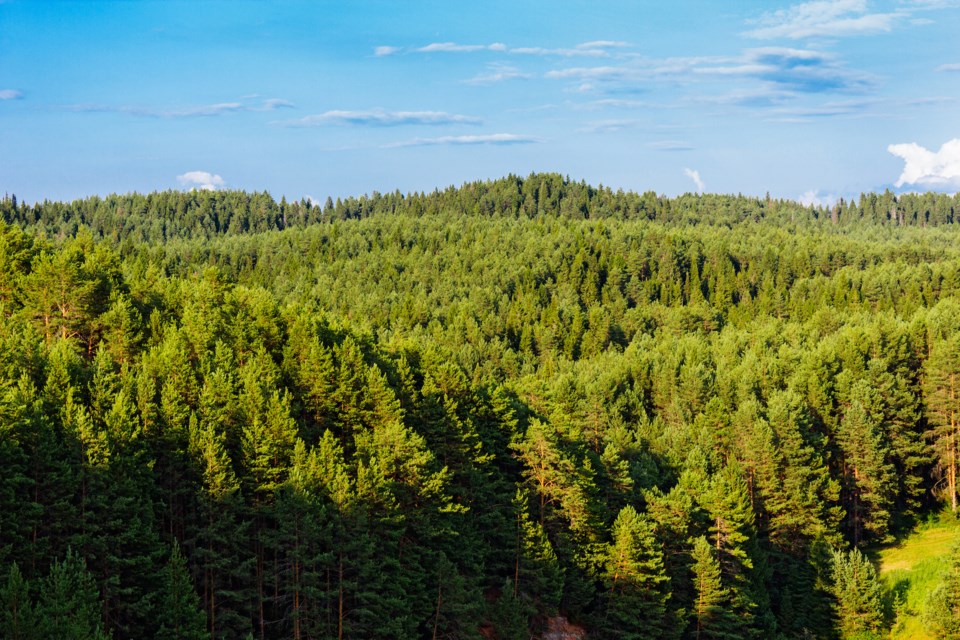Three Treaty 9 First Nations — Chapleau Cree First Nation, Missanabie Cree First Nation and Brunswick House First Nation — are taking legal action to stop the degradation of the boreal forest on their territories.
According to a news release, the First Nations say Ontario is mismanaging the forests and the environment, including spraying glyphosate herbicide, which contradicts the promises it made under Treaty 9 that aims to protect First Nations' way of life and their traditional territories.
Below is their full news release:
This legal action is being advanced by three Ontario Treaty 9 First Nations: Chapleau Cree First Nation, Missanabie Cree First Nation, and Brunswick House First Nation. Treaty 9 stretches across two-thirds of Ontario. The action aims to force Ontario to make meaningful changes now before harms are irreversible to the detriment of the boreal forest, all Treaty 9 First Nations, and all Ontarians. The Supreme Court of Canada has made clear that the Crown must act honourably when implementing its Treaties with First Nations. The Honour of the Crown is not upheld when First Nations' concerns about environmental protection and forest management and the safety of the foods and waters on their territories are not addressed.
The plaintiff First Nations want Ontario to finally understand that its approach to managing the forests and the environment, including the widespread spraying of glyphosate herbicide, Ontario is failing to uphold the promises it made under Treaty 9 to protect the First Nations' way of life and livelihoods in their traditional territories.
Ontario's approach is focused on wood production and the interests of the forest industry rather than on the health and sustainability of the forest ecosystem for current and future generations. It cannot be allowed to continue. The boreal forest in the First Nations' traditional territories has for over a century been subjected to extensive industrial and forestry activities authorized by Ontario without the full participation of the First Nations. The result has been rampant landscape fragmentation, degradation, and contamination of traditional territories over time. The health of the ecosystem in the First Nations' traditional territories depends on the forest being understood and protected as an interconnected whole. Until this happens, the boreal forest will continue to suffer and grow ever more silent. The pace of degradation has been increasing, resulting in decreasing forest cover and lower forest resilience. These are known contributors to climate change.
Rather than heeding the First Nations' concerns, Ontario has instead made recent and extensive changes to its environmental and forest management legislation and regulations to reduce protections for the ecosystem on which all forest life and the First Nations' rights depend, such as a blanket exemption for forest management planning in Ontario from environmental assessment and reduced protections for species at risk. The changes threaten to allow for more rapid degradation of the boreal forest. The time to act is now, both to protect the forest by finding more sustainable approaches and to advance reconciliation with Treaty Nations.
